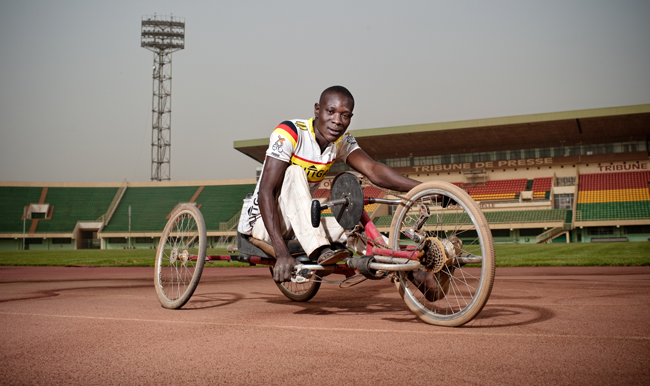
HANDICAP SOLIDAIRE. Hand bike team of Burkina Faso

Planning for the construction of social housing, Benin
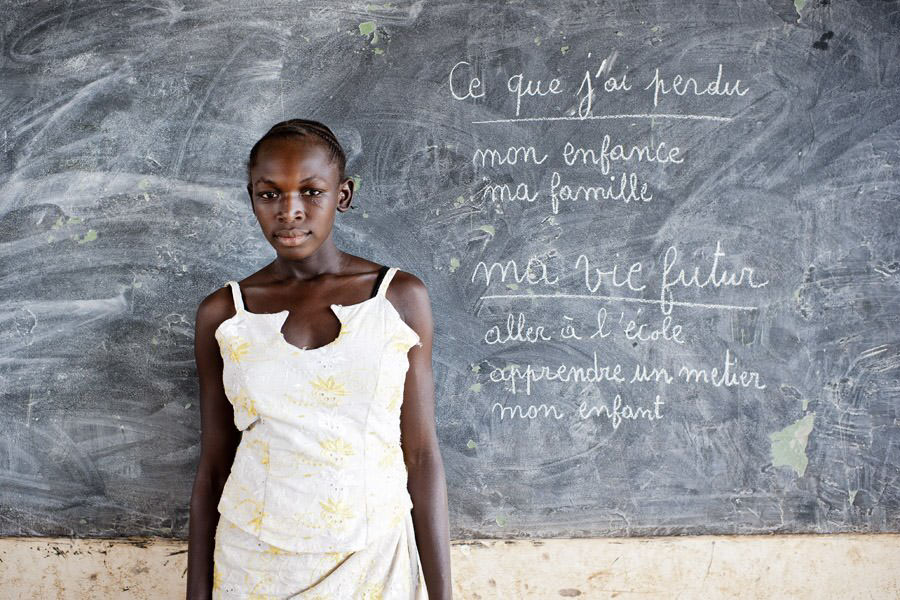
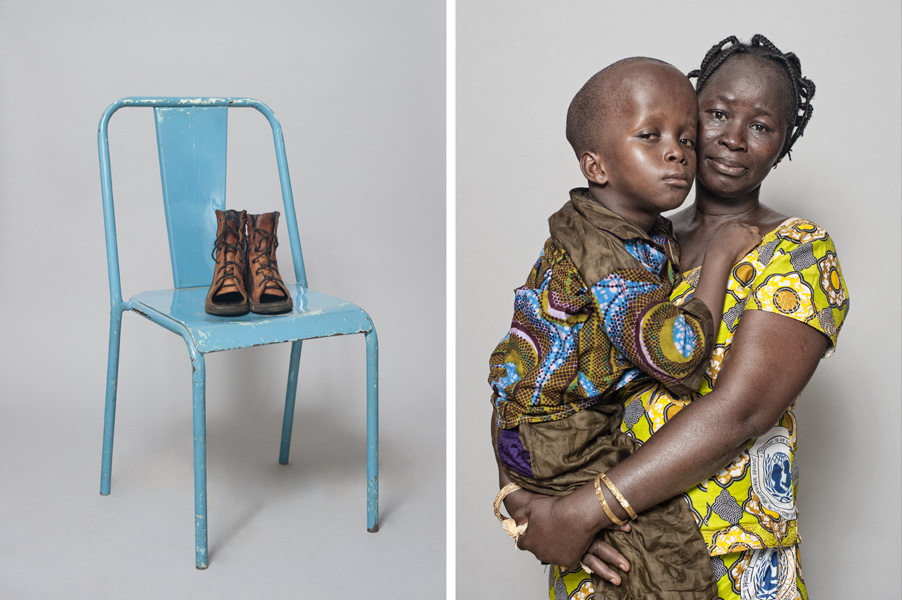
Portrait of disabled child, Burkina Faso

A woman with her child at the Nutrition and Feeding Center. La sècheresse - IFRC.org
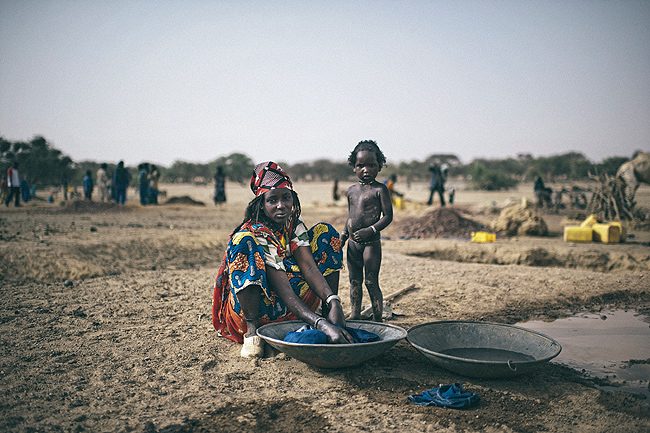
Malian refugee with his little brother at the water point- The conflict in Mali forced thousands of people from their homes - IFRC.org

Farmer who lost his crop because of drought, Burkina Faso
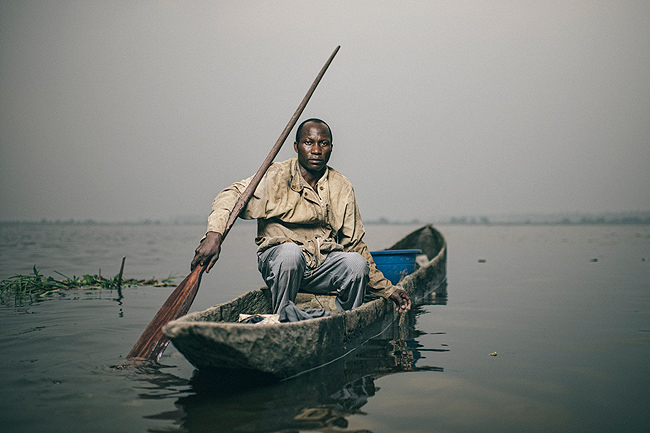
Fisherman on the River Congo. Climate change increasingly affects the daily lives of people. Evaporation of water as temperatures increase and increased demand for fish affects the ecosystem - CIFOR.org
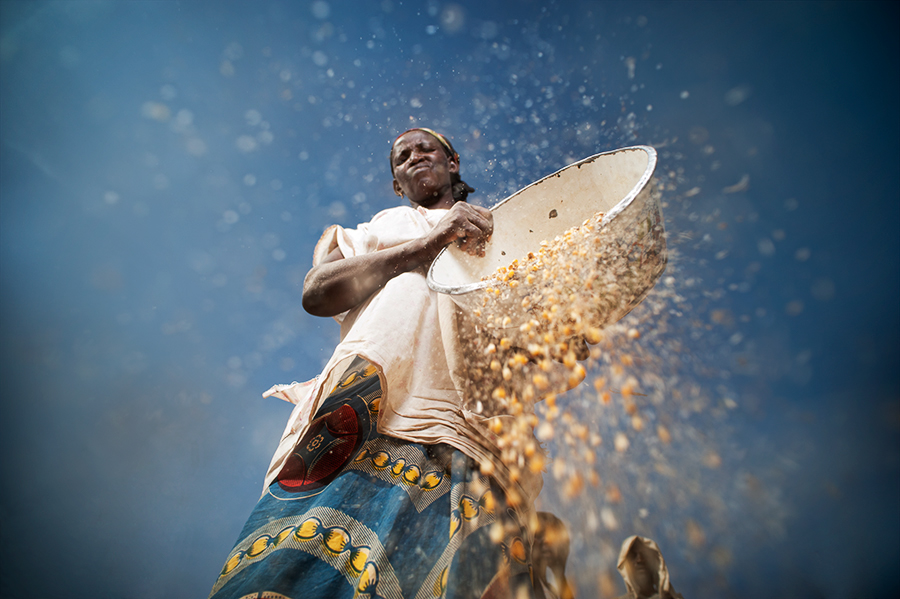
Corn Winnowing, Burkina Faso
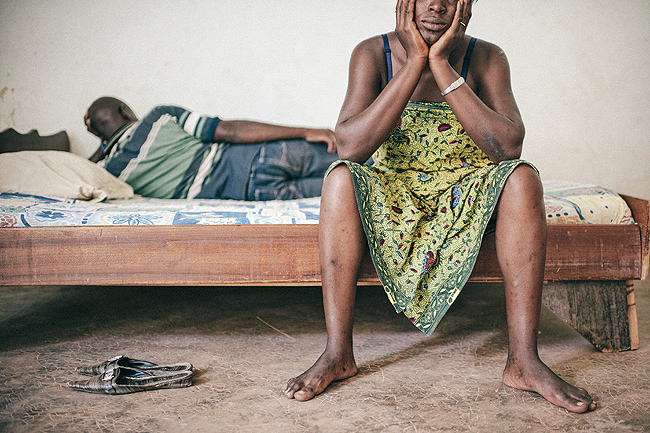
It is not possible to stop prostitution, however it is important to strengthen communication – UNFPA.org
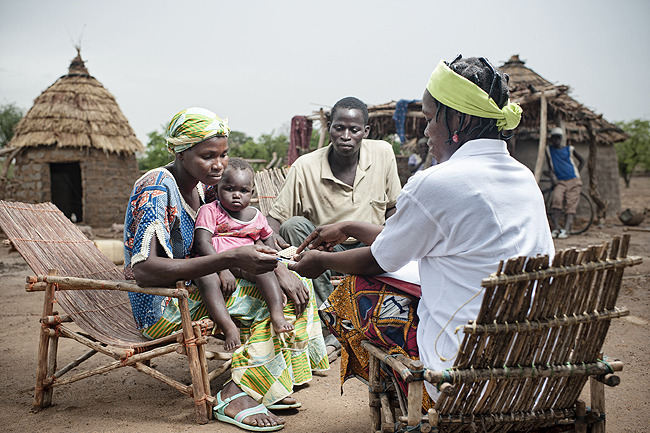
Community Health/Family Planning and awareness of contraceptive methods - UNFPA.org
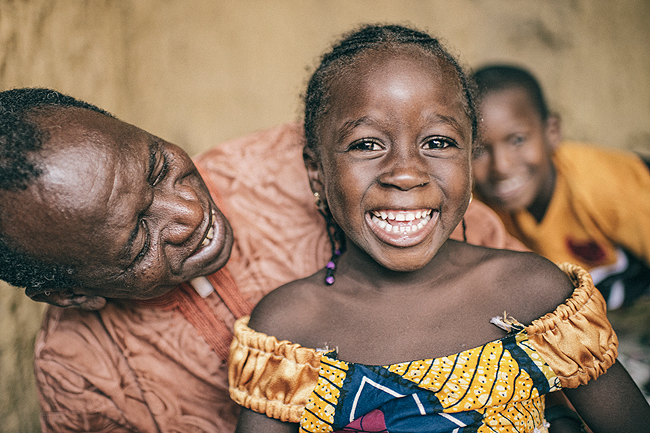
Family Planning – The role of men in children’s lives and family decisions - UNFPA.org

Women's Day is the story of ordinary women as makers of history; it is rooted in the centuries-old struggle of women to participate in society on an equal footing with men.
In the world's least developed countries, many of which are at war, women are 300 times more likely to die in childbirth or from pregnancy-related complications than in developed countries, according to UNICEF. While armed conflicts and other violence affect entire communities, women are particularly at risk of rape and other forms of sexual violence. Because of insecurity or because they have no means of transportation, it is often impossible for women to reach a health-care facility to give birth safely.
In the world's least developed countries, many of which are at war, women are 300 times more likely to die in childbirth or from pregnancy-related complications than in developed countries, according to UNICEF. While armed conflicts and other violence affect entire communities, women are particularly at risk of rape and other forms of sexual violence. Because of insecurity or because they have no means of transportation, it is often impossible for women to reach a health-care facility to give birth safely.
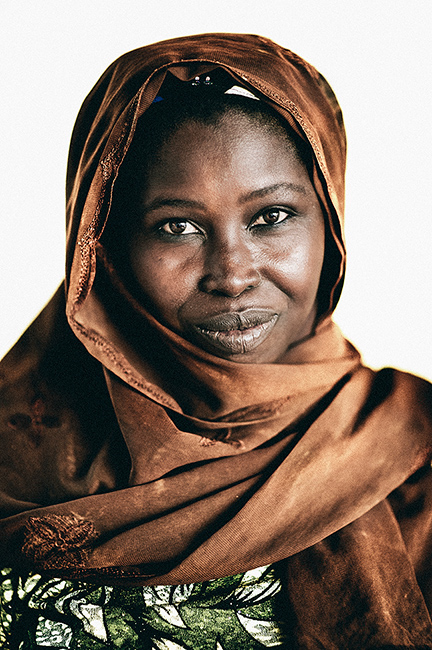
Women's Day is the story of ordinary women as makers of history; it is rooted in the centuries-old struggle of women to participate in society on an equal footing with men.
In the world's least developed countries, many of which are at war, women are 300 times more likely to die in childbirth or from pregnancy-related complications than in developed countries, according to UNICEF. While armed conflicts and other violence affect entire communities, women are particularly at risk of rape and other forms of sexual violence. Because of insecurity or because they have no means of transportation, it is often impossible for women to reach a health-care facility to give birth safely.
In the world's least developed countries, many of which are at war, women are 300 times more likely to die in childbirth or from pregnancy-related complications than in developed countries, according to UNICEF. While armed conflicts and other violence affect entire communities, women are particularly at risk of rape and other forms of sexual violence. Because of insecurity or because they have no means of transportation, it is often impossible for women to reach a health-care facility to give birth safely.

Washington Post profiled Jean Kabre, a concierge at a DC office building and a charismatic guy who befriended the entire building. So much so that, as people watched him drain his paycheck every week to keep dozens of relatives in Burkina Faso from starving, they began making their own contributions. Starting with a pump to replace the village's muddy drinking-water hole, they now have an ambitious plan to feed, house, educate and help the people of Tintilou to start their own business grinding grain.

Women on her way to a malnutrition screening, Burkina Faso - SAVETHECHILDREN.org
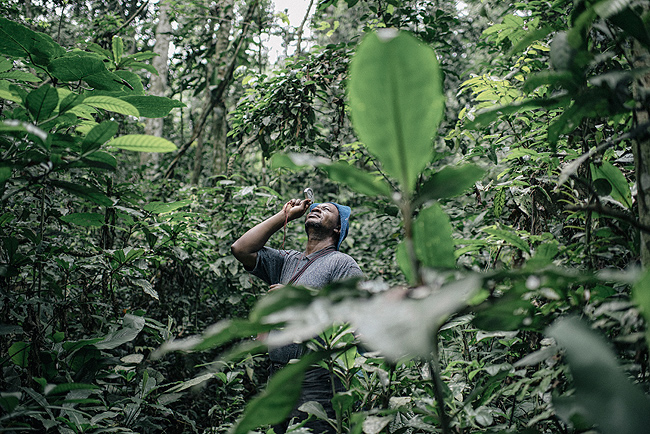
Scientist from the DRC measuring the height of a tree to study the evolution of forests in the context of climate change - CIFOR.org
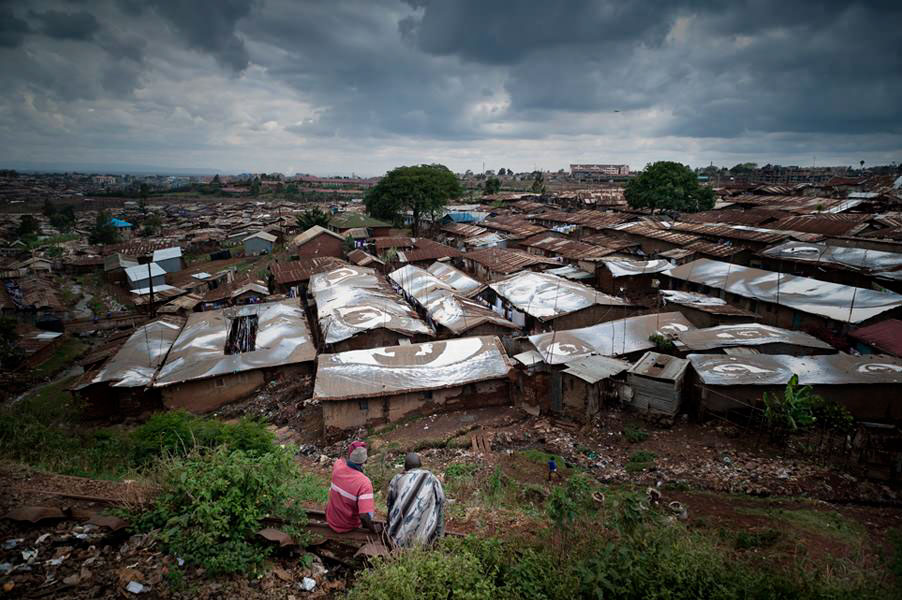
Kibera, Kenya
It is the largest of Nairobi's slums, and the second largest urban slum in Africa, with an estimated population of between 800,000 and 1.2 million inhabitants. Encompassing an area of only 2.5 square kilometres (1.5 square miles), Kibera accounts for less than 1% of Nairobi's total area, but holds more than a quarter of its population, with over 1,250 people crowded into each acre of land. There is more to this story, however--the courage and dignity of the people living there.
It is the largest of Nairobi's slums, and the second largest urban slum in Africa, with an estimated population of between 800,000 and 1.2 million inhabitants. Encompassing an area of only 2.5 square kilometres (1.5 square miles), Kibera accounts for less than 1% of Nairobi's total area, but holds more than a quarter of its population, with over 1,250 people crowded into each acre of land. There is more to this story, however--the courage and dignity of the people living there.
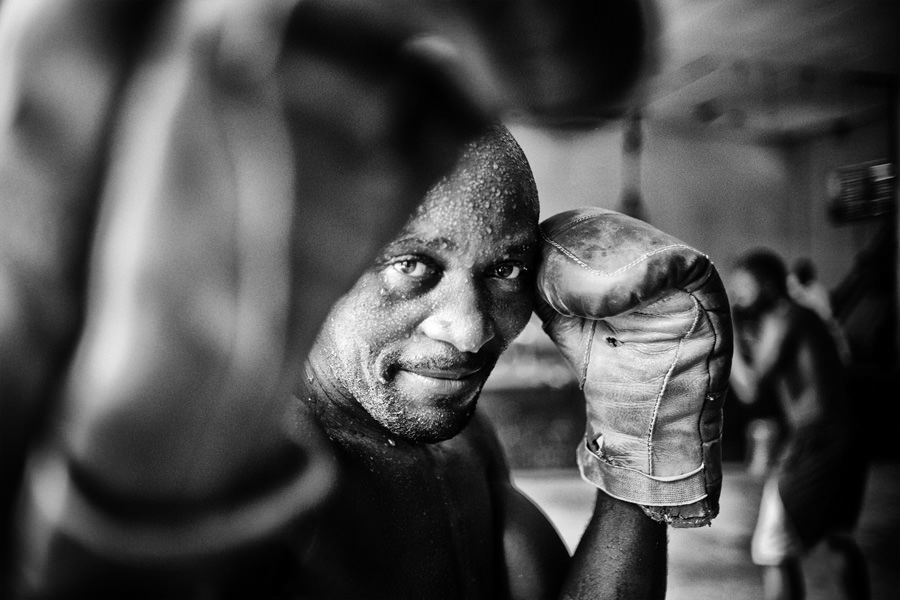
Mango Boxing Club, Uganda.
Some of Uganda's best boxers come from Mengo Club. Like Ayub Kablul, Lubeya Joseph (actualy in UK), Mubiu Martin (actualy in Japan), Leo Rwaboogo (was a former boxer from Uganda), John "The Beast" Mugabi, Mohammed Kayongo (are actualy in USA) and the Social Centre is one of the best boxing gyms in Kampala.
http://mengo-boxing.blogspot.com
Some of Uganda's best boxers come from Mengo Club. Like Ayub Kablul, Lubeya Joseph (actualy in UK), Mubiu Martin (actualy in Japan), Leo Rwaboogo (was a former boxer from Uganda), John "The Beast" Mugabi, Mohammed Kayongo (are actualy in USA) and the Social Centre is one of the best boxing gyms in Kampala.
http://mengo-boxing.blogspot.com


